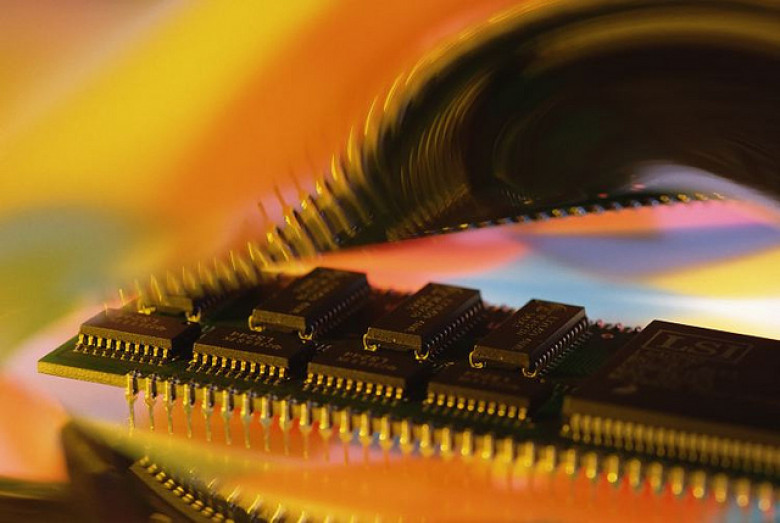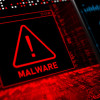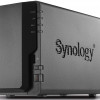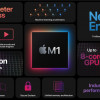Should you worry about memory-only malware?
The recent Target data heist of more than 40 million credit card records has many worrying about the impact of memory-only malware. The Target malware, a variant of BlackPOS, is part of a Trojan horse family known as Trojan.POSRAM. After the initial exploitation, these programs simply load themselves into RAM -- they don't install themselves on the hard drive.
The lack of "software footprint" makes RAM-only malware programs elusive. Some people say they're to be truly feared. Should we worry about them more than other malware programs? In a word: No.
The panic over memory-only Trojans reminds me of all the doomsday prophecies about rootkit malware, which could "easily hide from antivirus programs." It brings to mind past hysteria about roving bot worms, email attachment viruses, boot viruses, and DNS hijackers. Those newly discovered types of malware sounded scary at first, but antimalware programs now readily detect them all. The only challenge to antimalware software is keeping up with the sheer number of new malware programs that appear every day. Detecting an entire type of malware has rarely been a problem.










































































